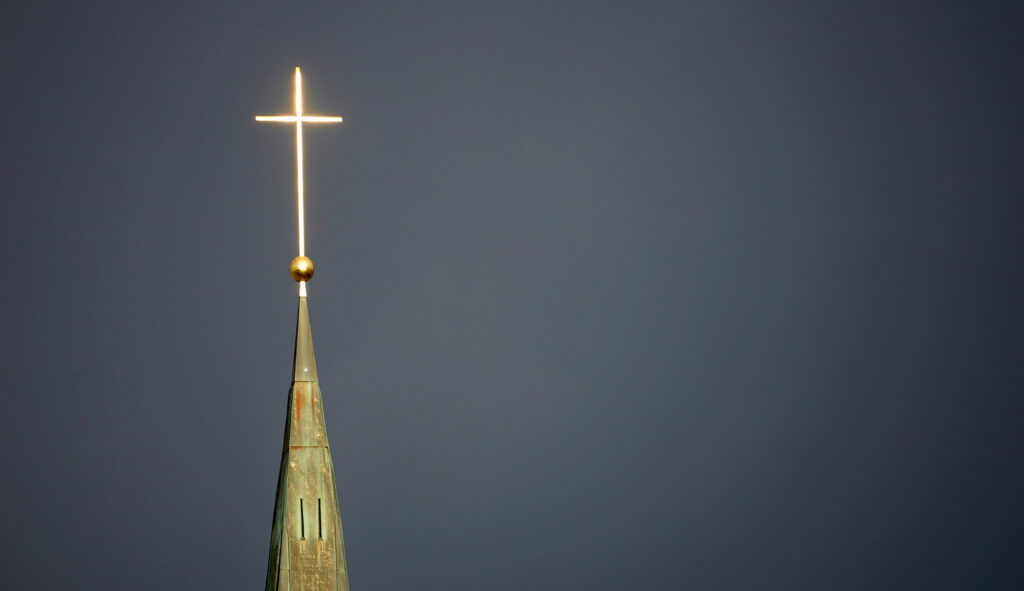Americans, for two generations, have been leaving Christianity in large numbers. The Catholic Church, evangelical churches, and mainline Protestant denominations are all shrinking.
The fastest-growing religion in the United States is that of the “nones” — not necessarily atheists, but people who say they have no religion in particular.
Our culture thinks less about God and the afterlife, listens less to Christian leaders, attends religious services less, observes religious tradition less, and generally disregards Christian moral teachings. Our culture should, by the telling of the church’s critics, be a happier and brighter one. Movies, authors, and commentators tell us ad nauseam that organized religions are sources of repression that fill us with unmerited and unhelpful guilt.
Yet our secular “enlightened” age is darker, and the growth of godless belief systems replacing Christianity has coincided with a public outlook darker and more filled with depression, aimlessness, and a deeper guilt. As G.K. Chesterton said, “When a man stops believing in God, he doesn’t then believe in nothing, he believes anything.”
“Humans are destroying the planet,” a Vox article on Good Friday declared, aptly summing up modern secular hostility to humanity and the view that “causing climate change, making species go extinct. The world will be better off if we go extinct!” What hopeless, literally hopeless, rubbish!
Climate guilt is the most visible form of the crippling fear that has frozen young adults in a sort of anger and terror. But it is not the only one. White liberals are also overcome with racial guilt, believing their “whiteness” is an indelible mark of irredeemable sin. Then there’s the settler-colonial guilt that comes with being American.
If this reminds you of the Christian idea of original sin, you’re seeing the pattern.
For a few decades, anti-religious forces in our culture were moral relativists, preaching that nothing was either good or bad in itself, just a matter of opinion, and that every individual person could proclaim one’s personal truth and morality.
These days, however, having demolished traditional norms that grew over generations out of Christianity, secularism demands adherence to a complete array of replacement doctrines and is more moralistic and less tolerant than the Christian culture that it assailed and damaged so deeply.
One crucial difference between Christianity and today’s pious, guilt-ridden, religious secularism is that, unlike Christianity, it offers no forgiveness or redemption. Transgressors are damned and destroyed ruthlessly.
Easter is a great reminder that we need redemption and forgiveness. Our unforgiving culture points toward the need for Easter, for redemption, for uplifting hope.
CLICK HERE TO READ MORE FROM THE WASHINGTON EXAMINER
The United States was founded by Christians as a Christian nation. This doesn’t mean it was made only for Christians. But Christian values underlie our system of government and our national culture. At the heart of these values are notions of tolerance, mercy, and forgiveness.
This Easter, let’s pray (or if you do not pray, join in an effort) for a revival in our culture so our country can climb out of its current darkness. It has been, and can again be, what the 17th-century preacher John Winthrop said — a beacon of light, “as a city upon a hill.”
